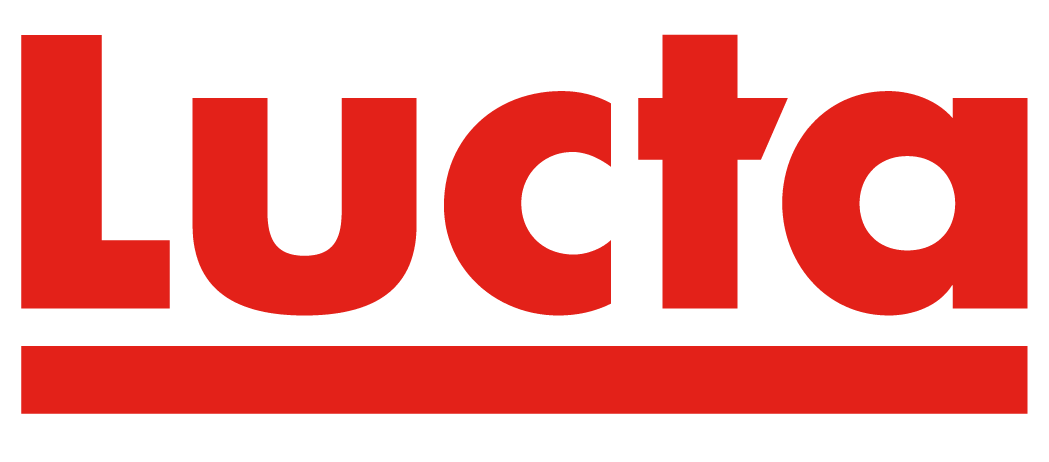Prolonged inflammation derived from standard farming procedures drives animals to cytokine-induced anorexia accompanied to a negative energy balance, resulting in reduced animal performance. Previous work showed that the addition of olive fruit bioactives (OFB) in feed was able to reduce inflammation and prevent gut integrity side-effects on a model of…
We previously showed that feeding bile acids can induce glucagon-like peptide 2 (GLP-2) secretion and intestinal growth in parenteral nutrition-fed (PN) piglets. We hypothesize that bile acids function as agonist for the G protein-coupled bile acid receptor 1 (TGR5) expressed in enteroendocrine L cells to induce GLP-2 secretion. Our in…
The aim of this study was to evaluate the inflammatory and intestinal integrity response of piglets fed with or without antimicrobials added to their transition diets. For this purpose, eighty piglets ((LD x LW) x Pietrain) were weaned at 21 d of age (6.4 ± 0.1 kg body weight (BW))…
Fibroblast growth factor-19 (FGF19) is an emerging endocrine factor involved in the regulation of bile acid homeostasis and energy metabolism in rodents and humans. In pigs, however, the FGF19 system remains largely unexplored. This study was designed to investigate the developmental regulation of the FGF19 system in domestic pigs. Samples…
Subclinical chronic inflammation (SCI) is associated with impaired animal growth. Previous work has demonstrated that olive-derived plant bioactives exhibit anti-inflammatory properties that could possibly counteract the growth-depressing effects of SCI. To test this hypothesis and define the underlying mechanism, we conducted a 30-day study in which piglets fed an olive-oil…
Umami taste helps to identify protein sources in swine diets. Data from our in vitro studies using a cell reporter system that expresses the porcine umami taste receptor showed that, besides certain amino acids, there are other candidates able to act as umami ligands. Results from in vivo studies with…
Weaning-induced stress is associated with intestinal dysfunction and impaired piglet growth. In addition, body weight at weaning has life-long effects on pig performance. Therefore, the aim of this work was to elucidate if variation in pre-weaning growth correlate with differences in intestinal sensitivity to stress long after weaning. . To…
In mice, weaning stress increases intestinal permeability partly through a mechanism that involves TNF-α, intestinally-produced glucocorticoids, and myosin like chain kinase (MLCK). Recent evidence suggests that this interplay takes place predominantly in the colonic mucosa and has long-lasting effects on intestinal development and function. Interestingly, the impact of weaning-induced intestinal…
